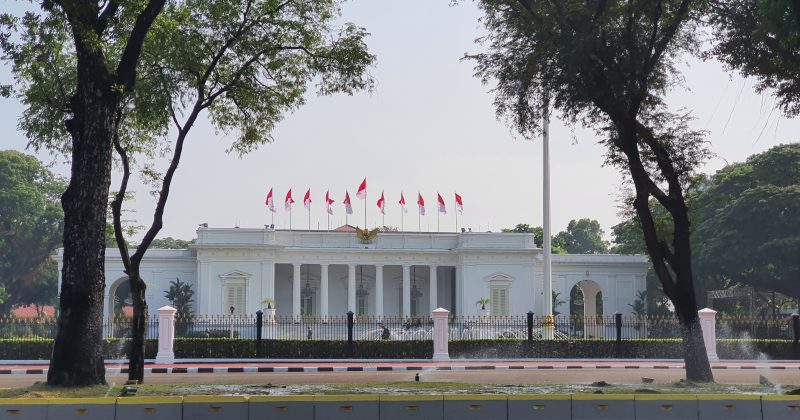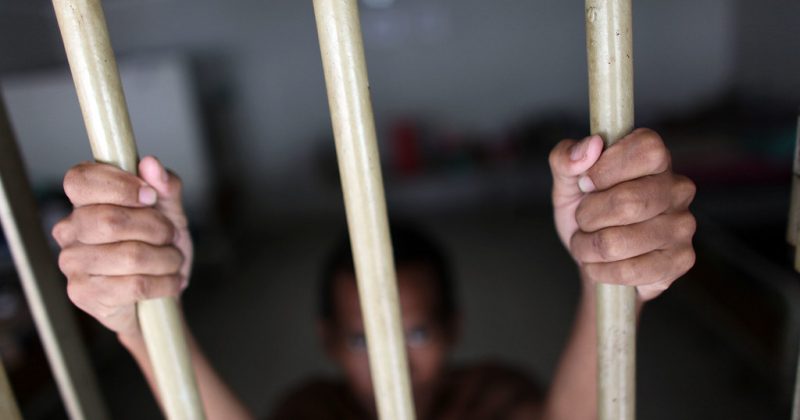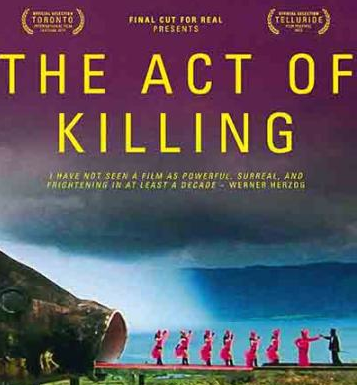
Indonesia’s Military-Democracy Interplay is a Lesson Never Learned
By Guest Writer Rafsi Albar
Image by Arkananta Dhimas Naufal
For 31 of its 78 years, Indonesia was ruled by the iron fist of the “smiling general,” Suharto. His leadership, known as the “New Order,” originally focused on economic development in order to make up for the losses suffered as a result of President Sukarno’s political manoeuvres. Despite being arguably successful in improving the welfare of its more than 100 million people across three decades, his military background eventually found a way to intervene in the young nation’s supposed democracy.
The dual function of the armed forces, more commonly known locally as Dwifungsi ABRI, is a doctrine developed around the same time as Suharto’s rise to power following the political upheaval caused by the Indonesian Communist Party’s insurgency in 1965. The armed forces—or ABRI—then encompassing both the military and police, saw civil administration as ineffective. As such, they believed that former and active ABRI personnel should be able to assume strategic positions in...


